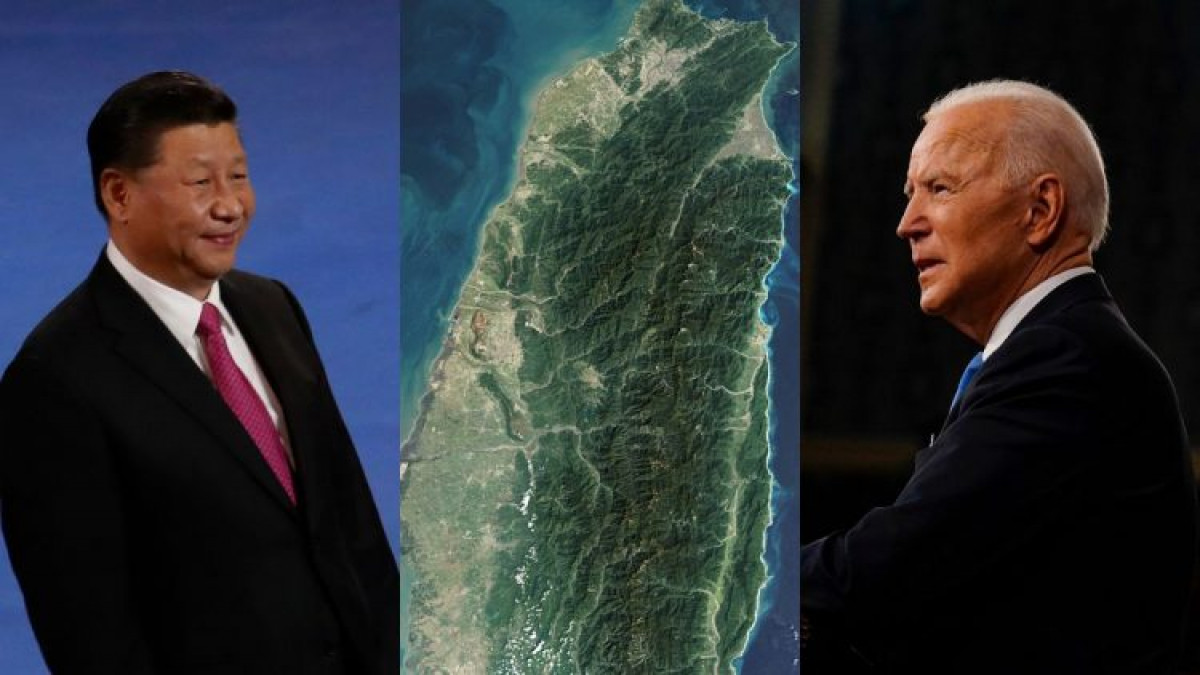 278
278
Taiwanese officials recently announced that they had abandoned the purchase of new anti-submarine combat helicopters from the United States due to their high price.
Taiwan had previously announced its intention to buy 12 MH-60R Seahawk helicopters, manufactured by Sikorsky Aircraft, a Lockheed Martin affiliate.
Several Taiwanese media outlets, on the other hand, blamed the deal’s cancellation on the United States, claiming that Washington refused to deliver the helicopters to Taiwan because they were deemed unsuitable for the needs of the breakaway island, which seems to be pursuing asymmetric warfare vis-à-vis China.
“The price is quite exorbitant and beyond our capabilities to acquire,” Taiwanese Defense Minister Chiu Kuo-cheng stated in response to a flood of questions prompted by recent changes in Taiwan’s purchase of US-made armament. Furthermore, two other arms deals have been allegedly canceled by Taiwan, specifically the Howitzer M109E6 artillery system and the Stinger mobile anti-aircraft missiles.
According to Reuters, Raytheon Technologies’ Stingers missiles are among Ukraine’s much-needed air defense weapons to confront Russian warplanes, but Washington has curtailed supplies owing to the impediments to their production in the US.
Chiu Kuo-cheng noted that Taiwan has already paid for the deal to purchase the Stinger missiles and that his government is pressuring the White House to deliver the missiles.
“The purchase of armaments is a major issue for us, and we have measures to meet this expectation,” Kuo-cheng added, offering no further details. Taiwan is considered an integral part of Chinese territory, and Beijing has repeatedly warned against any US provocation aimed at separating the island from mainland China. On the other hand, US-backed Taiwan pursues a military modernization strategy to strengthen its anti-Beijing military capabilities.
Taiwanese President Tsai Ing-wen has been defending the concept of “asymmetrical warfare,” which involves the development of high-tech weapons that are highly mobile, difficult to destroy, and capable of pinpoint attacks.
Even though the US maintained it had no intention of undermining China’s stance toward Taiwan, US officials frequently urged Taiwan to upgrade its military to counter China.
The Taiwanese Ministry of Defense acknowledged on Monday, May 2, that the US-Taiwan arms contract had been postponed indefinitely due to overloaded production lines caused by the Ukraine conflict. For example, Howitzers will not be supplied to Taiwan as scheduled in 2023, forcing Taiwan to seek other alternatives.
Last August, Washington approved the sale of 40 Howitzer artillery pieces and related equipment to Taiwan for $750 million. It was part of the first arms sale to Taiwan endorsed by Joe Biden since assuming office in the Oval Office.
As part of an $800 million US military aid package, Washington decided to increase the number of Howitzers deployed on the disputed island about two months after the launch of the Russian special military operation in Ukraine. Although Washington and Taiwan have no official diplomatic ties, the US has pledged to deliver military hardware to Taiwan, which has long been a source of escalating tensions between Washington and Beijing.
In the latest episode of the Taiwan-China tensions, the Taiwanese Ministry of Defense announced last Sunday that Chinese fighters continued to fly over parts of Taiwan’s airspace as two Chinese Sukhoi-30 jets entered the Taiwan Air Defense Identification Zone.
According to the Taiwanese Defense Ministry, the two Chinese fighters had left the area following a radio warning, the deployment of Taiwanese warplanes, and the activation of anti-missile systems.
Comment
Post a comment for this article